Ever noticed how your dog magically disappears the moment you raise your voice, even if you’re yelling at the TV? One minute they’re all cuddles and tail wags, next they’re gone like a ghost. You check behind the couch, under the table, and yep, there they are, pretending they don’t live here.
Certain breeds are so good at picking up moods, it’s spooky. Let’s be real, they sometimes take our moods more seriously than we do.
Some specific breeds are especially sensitive to emotions, especially anger. These dogs don’t just love you, they read you. Their natural instinct is to steer clear when things feel tense.
In this blog, we’re diving into 9 dog breeds that are experts at sensing their owner’s anger and politely staying out of the way. Whether it’s their gentle nature, sharp emotional intelligence, or just a strong sense of self-preservation, these dogs know when it’s time to give you space… and maybe wait for food or treats later.
Dog Breeds That Feel Owners’ Anger & Stay Away
Let’s explore the world of these emotionally smart, sensitive dog breeds. They know when to cuddle and when to quietly tiptoe away. From loyal companions to gentle observers, these puppies truly get their humans.
1. Cavalier King Charles Spaniel
Cavaliers are sensitive dog breeds that feel their owner’s anger and choose to stay away calmly. If you speak sharply or show stress, they tend to withdraw gently. According to Orvis, Cavaliers are gentle of spirit and highly responsive to emotional tone, and they thrive under positive reinforcement rather than harsh correction.
They’re laid-back pups with a smart, gentle temperament, never aggressive. As working dogs on an emotional level, they support emotional balance without needing training. They show how one breed can intuit human feeling and act with care.
Why this matters
These ideal family dogs recognize emotion in human tone rather than reacting aggressively.
When stress shows, they quietly leave the area until things feel calm again.
2. Australian Shepherd
Australian Shepherds are intelligent and read emotional heat easily. When an owner shows aggression or a harsh tone, these curious working dogs often step aside rather than escalate.
Australian shepherds, just like border collies, learn quickly and respond well to professional training. Their nature fits active families who need a breed that can recognize anger, adapt calmly, and return once stress has eased.
Behavior clues
They may shift position, avoid interaction, or walk off quietly.
They’re not aggressive; they sense tension in human energy and prefer to ignore it.
3. Cocker Spaniel
Cocker Spaniels are mild-mannered and emotionally tuned. If they sense that a person is upset, they may step away or wait for a calmer time. They typically do not respond with aggression or risk biting.
For families with children or other dogs, they offer emotional reading skills. PDSA highlights that Cocker Spaniels form strong emotional bonds with their owners and respond sensitively to changing moods, making them particularly empathetic companions.
What makes them unique
They sense sadness or stress and act gently rather than defensively.
Their playful temperament vanishes when they feel tension; they become still and watchful.
4. Labrador Retriever
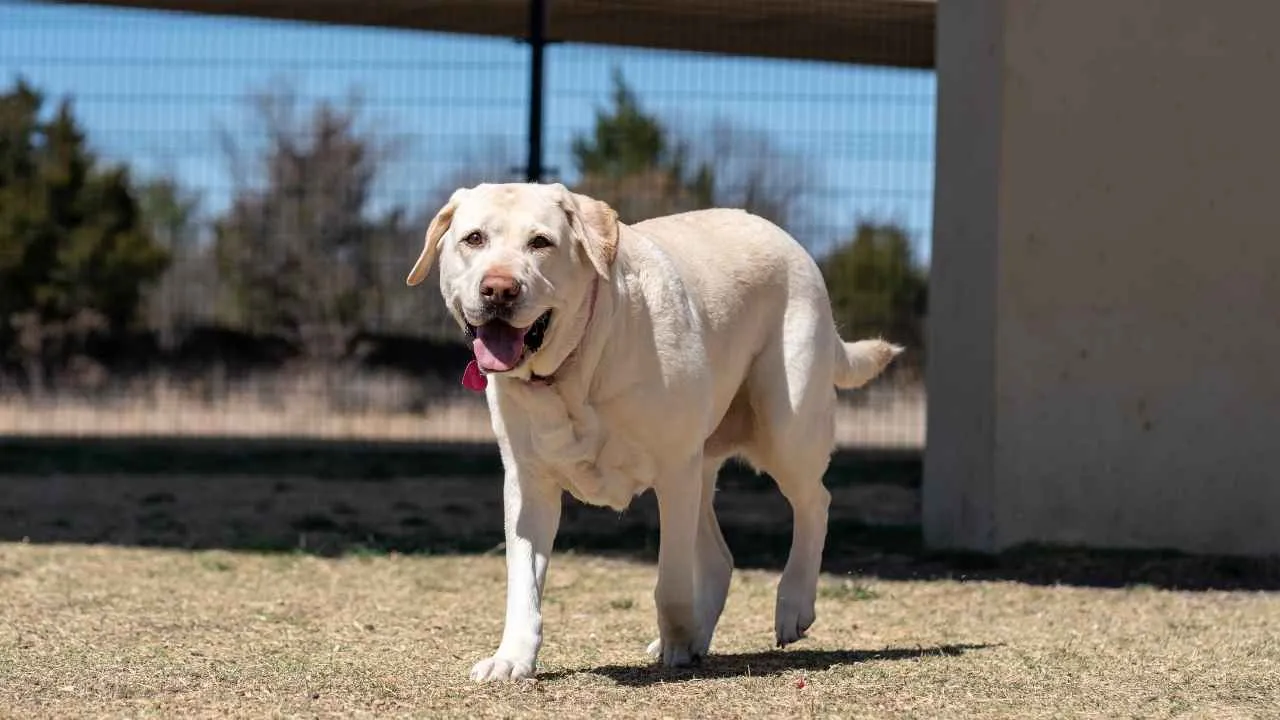
Labradors are emotionally sensitive family dogs known for their calm and affectionate temperament. If they detect anger or stress in a person, they’ll quietly move away or lie down instead of reacting.
Labs may ignore a command if they sense serious tension, but they come back when things settle. Their behavior is a natural way of avoiding trouble and respecting human space.
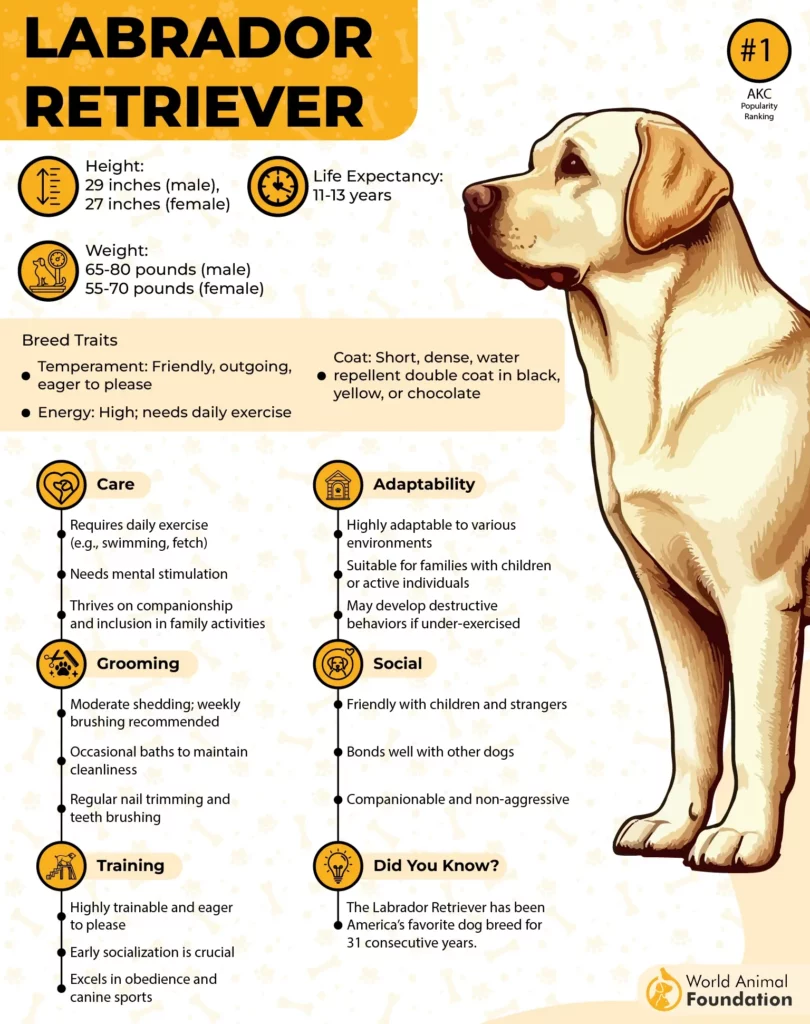
Traits to note
Friendly and gentle, but sensitive to human mood shifts.
They’re highly trainable and respond well in environments that value control and predictable routines.
5. Golden Retriever

Golden Retrievers are often cited among dog breeds that feel their owner’s anger and avoid conflict. They’re known for being smart, gentle, and emotionally aware. These dogs prefer calm interactions over chaos.
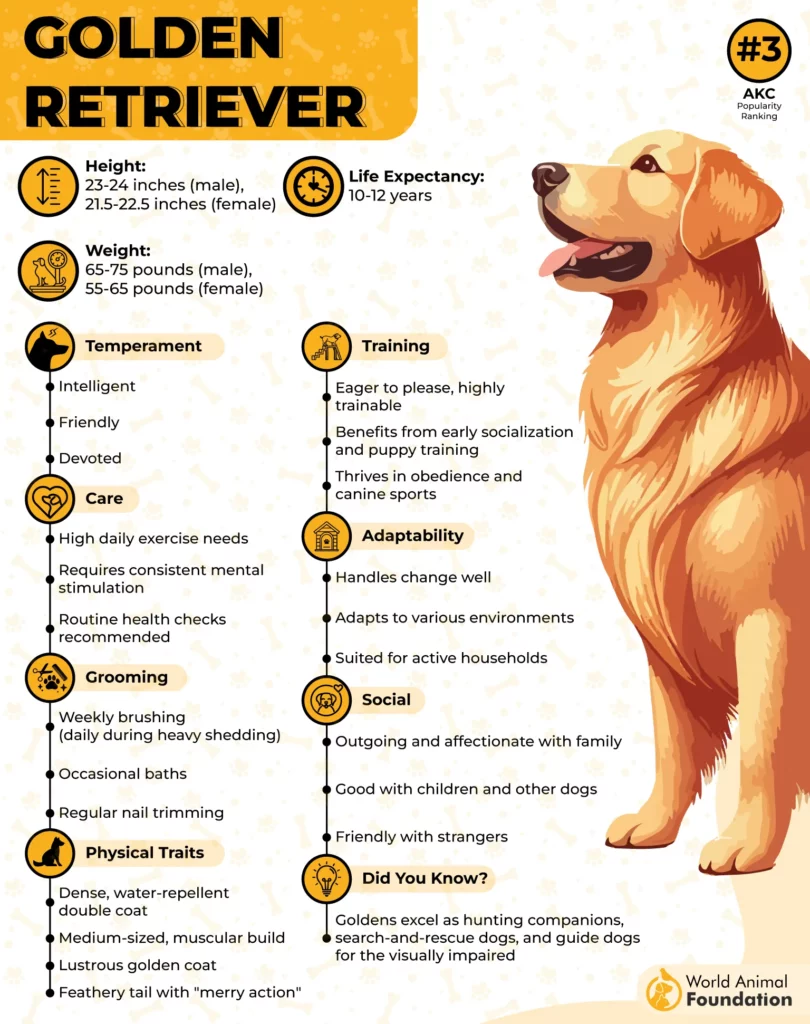
They thrive in stable environments without constant stress. As one of the most popular family dogs, they model respectful behavior and emotional empathy beautifully.
Behavior in Tense Situations
They may offer a soft touch or space for no confrontation.
They tend to act supportive in low-stress moments but avoid high-stress outbursts.
6. Border Collie
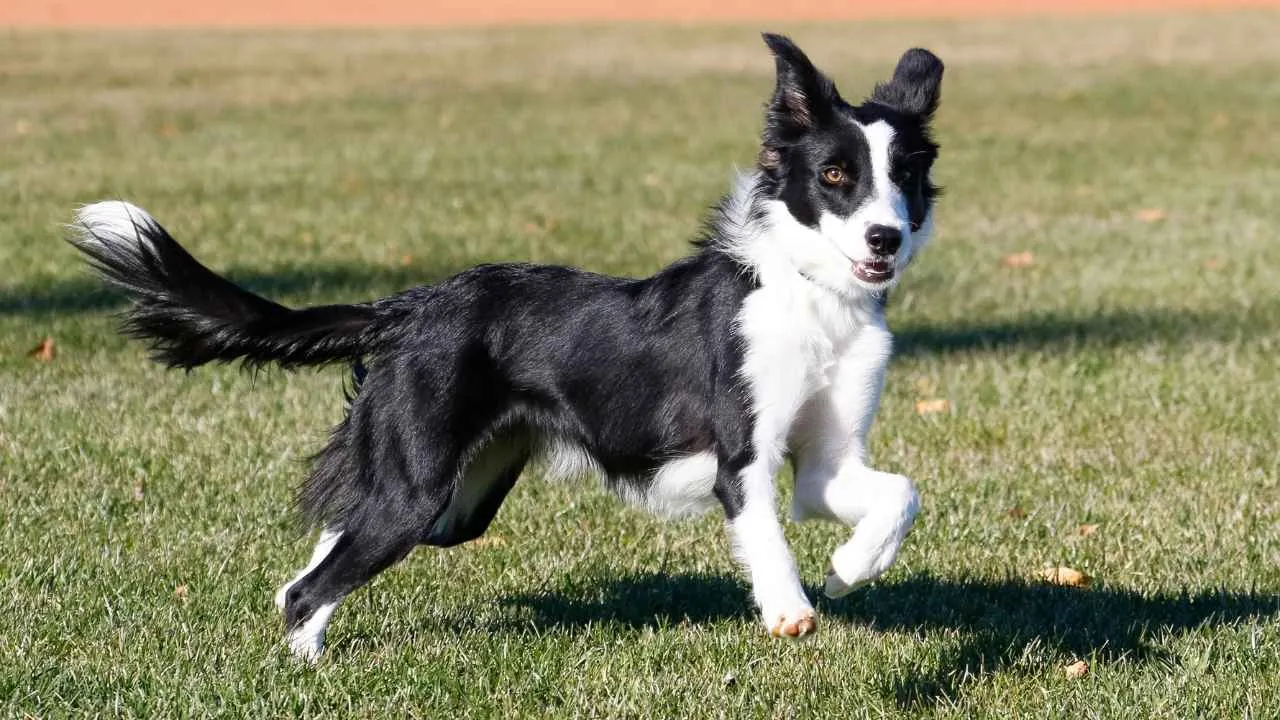
Border Collies are working dogs with sharp intelligence and strong emotional awareness. If they sense anger or harsh energy, they may move away quietly. These are not aggressive dogs; they detect an upset mood and avoid it.
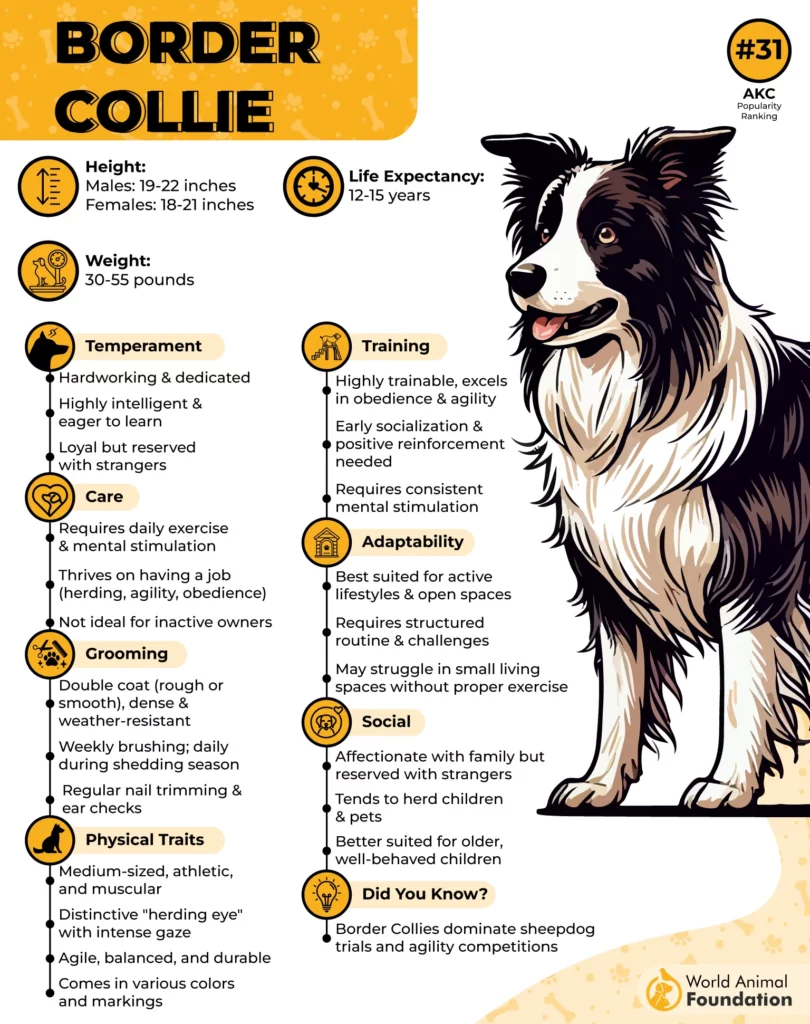
As per Purina, Border Collies are highly sensitive to owners’ energy and tone; they’re quick to notice emotional changes and often adjust their behavior accordingly. They need consistent exercise and sensation-based training to remain balanced.
Key traits
Highly trainable and smart, but sensitive to stress in humans.
They tend toward stillness when tension arises, waiting until things calm.
7. Poodle

Poodles are intelligent and emotionally sensitive. When sensing anger or a harsh word, they often step back or find a quiet spot, rather than reacting with aggression.
Poodles act as emotional mirrors; they read mood and behave in ways that support peace. Their calm, alert presence is key to their reputation as gentle family companions.
Reasons to love them
Highly trainable and never aggressive without provocation
They respond best in calm, structured homes with consistent cues.
8. Havanese

Havanese dogs read emotional tension quickly. If they sense anger or stress, they leave the space and wait for their owners to calm down. These puppies offer space, not attention, until the peace resumes.
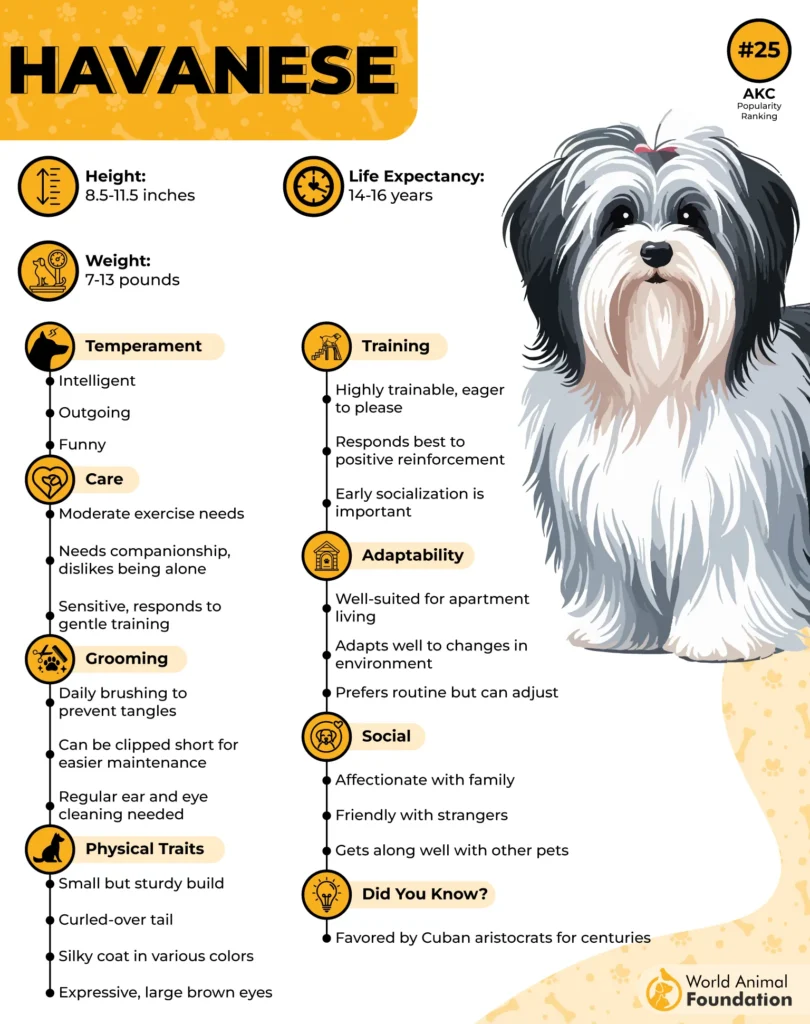
As small breed family members, they’re excellent with children and other animals, sensing when to play and when to step away. They bring calm to complex emotional environments.
Their Emotional Style
Curious and smart but prefer harmony over chaos.
In stressful moments, they must stay silent, avoiding confrontation.
9. German Shepherd
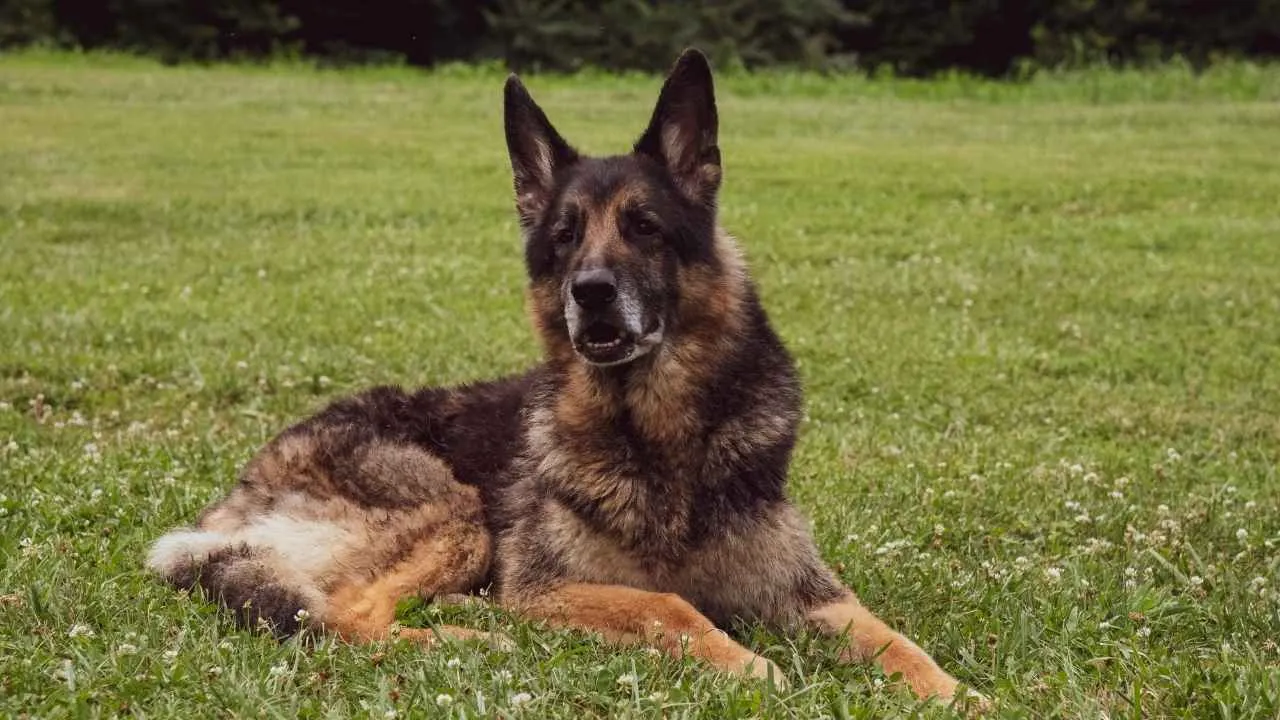
German Shepherds are loyal, smart, and emotionally aware. When they sense anger or frustration from an owner, they may withdraw or maintain distance to prevent escalation.
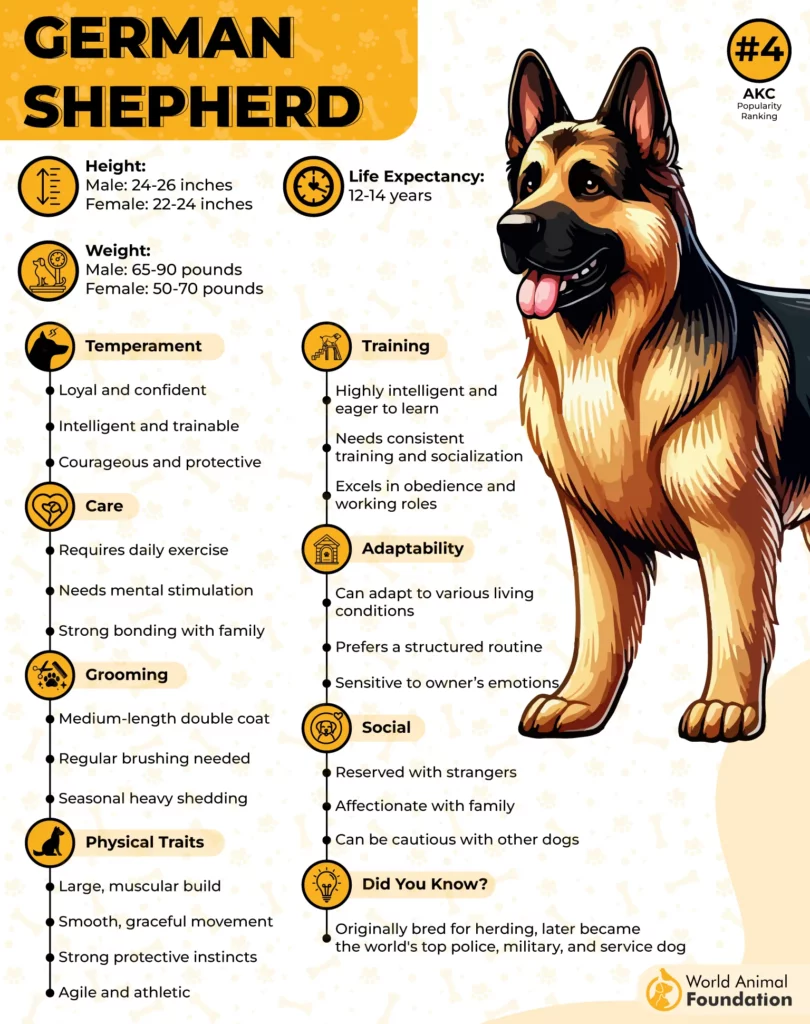
Their instinct is to maintain peace and structure in the environment. They act as calm guardians, alert but not aggressive, and respond best when emotional control and clear training are present
Behaviour Signals:
They’re protective, not provocative, keeping watch rather than joining conflict.
As active, large-breed working dogs, they need training to manage intense energy and emotion.
Conclusion
Isn’t it funny how dogs can tell you’re mad before you even say a word? You try to hide it, but dogs know. One moment you’re quietly fuming over spilled coffee, and the next, your dog has quietly left the room, pretending they never existed. It’s like they’ve got a sixth sense for mood swings, and sometimes, they take it more seriously than people do!
Dogs are incredibly in tune with human emotions. These animals are not reacting to your voice; they’re reading your body language, your energy, even how you breathe, as they are highly trainable. That’s why many dogs will walk away when you’re upset. They’re not ignoring you to be rude; they’re making progress on what’s going on. And if they don’t understand your reaction, they might quietly wait it out. They’re also excellent at sensing authenticity, picking up when something just doesn’t “feel right.”
At the end of the day, dogs aren’t just pets, it’s a large breed and they’re fiercely loyal companions. Whether you stay close or step back, they do it because they care. So the next time your dog gives you space when you’re angry, take it as a sign of respect… and maybe a little reminder to cool off. After all, they’re just trying to keep peace in their favourite place, right by your side.


